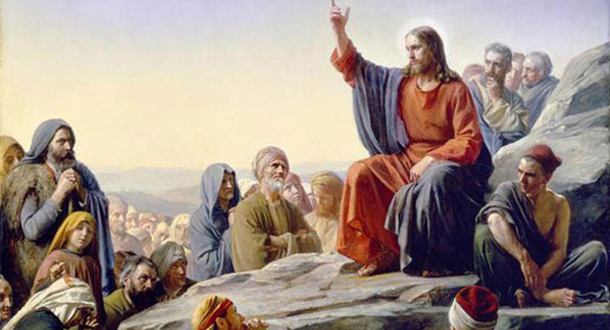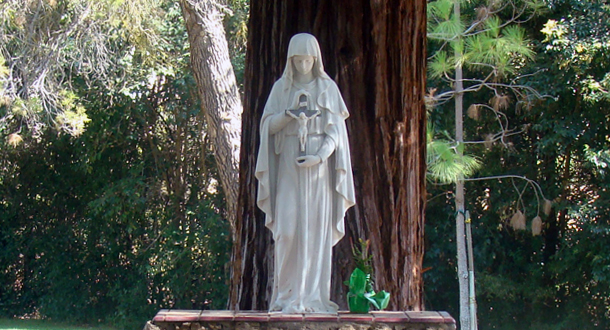 Scripture:
Scripture:
Reflection:
What is the secret?
“When Jesus saw the crowds, he went up the mountain, and after he had sat down, his disciples came to him” (Matthew 5: 1). Jesus went up on the mountain so he could teach everyone in the crowd, not just his disciples. The Beatitudes are the fulfillment of the Law of Moses. Jesus did not come to destroy the Law but to fulfill it. Christ is the fulfillment of the Old Testament, and Christ is the secret of the Beatitudes. If you look at the Beatitudes, there is a secret subject that some of us might be missing. Let’s talk about the way the Beatitudes come across.
To me, the Beatitudes make me feel as if there was some kind of secret to each saying, as though it was a riddle to be solved. Jesus spoke this way on purpose without explanation because it was the truth, and if you are still into the world, you are not going to understand it. The secret to understanding Jesus was Jesus himself, someone not of this world.
In my life, deep down inside, I was always in search of happiness, which was not at all times clear to me, and the beatitudes are supposed to be a way to find happiness. I felt as though I first had to solve this riddle in order to understand the Beatitudes. Some of them I completely understood, but some of them needed further research or explanation to get the full meaning.
If I were in the crowd or were one of the disciples in the Gospel of Matthew, I would have slowed Jesus down a little bit and have him explain himself. I would have been the one in the crowd who would have asked him a thousand questions – that annoying person in the crowd who keeps interrupting his sermon so he could explain some of these things.
An example of what happened on the Mount had happened in my life when I was in college, and the professor was lecturing to an auditorium full of students. I was not able to read or understand everything he was talking about in the class. Some of the stuff just totally went over my head. I took the notes anyway, and I went home to study and read about the lecture while at home. After pondering over my notes a little bit, I was able to understand most of it, but there were still a few things that needed further explanation that the book could not articulate, and my notes did not cover. I saved those questions until the next time I was in class so that the professor could answer them or one of the students who understood it more than I did. This is how I felt about the Beatitudes.
Here is the secret, Jesus. It is He, who is the example of what it means to be poor in spirit; it is he who mourns, who is meek, who hungers and thirsts for righteousness, who is merciful. It is He who is pure in heart; he is the peacemaker; he is persecuted for righteousness’ sake.
Jesus was thinking all along that; I’m talking about myself. I am an example. Follow me. I am the way the truth and the life. If the world rejects me, they will also reject you, my disciples. Your eyes will open when you realize that I am referring to myself. When I say these words if you look at my examples, you will understand. The secret is in your perception. The secret is Me, Jesus.
The Beatitudes are a key text of Christian faith and life. This is not some exaggerated or unreal moral lecture that seems completely impractical. We need grace, but we need not depend totally on grace. We have a part to play in this too. We have free will. It’s all in how you look at it. This is not a contrast between moralism and the theory of pure grace. Christ is the mean that unites these two. It is only discovering Christ in the text that it opens the beatitudes up for us to become a beacon of hope for the human race. If we get to the bottom of the beatitudes, the secret subject, Jesus, appears everywhere.
Deacon Peter Smith serves at St. Mary’s/Holy Family Parish in Alabama, a religion teacher at Holy Family Cristo Rey Catholic High School in Birmingham, and a member of our Passionist Family.


 Scripture:
Scripture: Scripture:
Scripture: Scripture:
Scripture: Scripture:
Scripture:  Scripture:
Scripture: